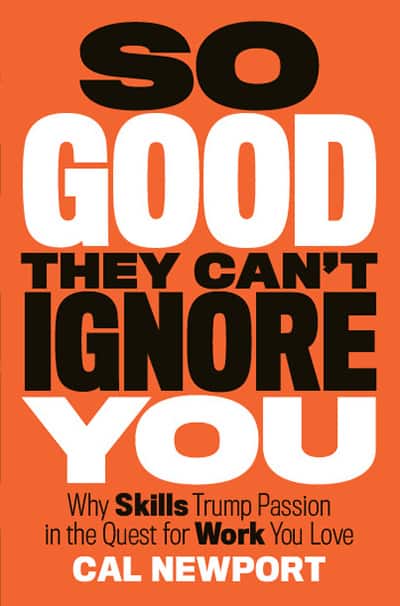Everyone is anxiously waiting to hear from festivals, grad school, or if you're like I was, you have no interest in either of those things and have no idea what you're doing in 6 months.
I felt that music school had really failed me because I felt completely unqualified and unprepared to get a job involving music.
Looking back now, I realize it was totally my fault and that I had been depending on an overpriced piece of paper to prepare me for the world.
I definitely wasn't alone in thinking this and now recognize that my education is my responsibility and mine alone.
In the spirit of educating myself, I hit the books. I have since become an avid reader and this habit has totally changed my career path.
Here are the 5 books that everyone leaving the nest of school should take time to read:
The Savvy Musician
If you're not a musician, you can skip this one.
If you are a musician, do yourself a huge favor and read this book. It changed my life and set me on a course for success.
He hits on everything from marketing to managing your money. It's an excellent intro to the topics that all artists need to be hip to.
There are a few books along the same lines that I read, but this was by far the best.
Thanks Dr. Threinen.
I Will Teach You To Be Rich
Like most college kids, I was unbelievably clueless about money.
This book totally changed that and got my finances automated and in tip top shape.
Don't let Ramit's snarky tone throw you off. This guy is ridiculously smart and outlines a program to get your finances where they should be.
I've read a few books on finance and this is the only one I didn't want to use for toilet paper.
His blog is also a phenomenal. If you're really into it, he has some business courses online that are amazing.
48 Laws of Power

This book is a masterpiece.
When I first looked at it, I was really naive and signed it off as a book for sociopaths.
Seriously, it can be pretty dark at points.
Since then, I've come to love Robert Greene's books and have read every single one of them a few times.
Everywhere you go, everyone you meet has some kind of alternative objective behind their actions. This book will lay out everything you need to know to move through the world and defend yourself against the advances of others.
Read it and keep it handy. I probably open this book once a week.
The Personal MBA

For those of you that are interesting in business (anyone who plans to freelance, teach, compose, etc.), this will take you on a whirlwind tour of everything you need to know.
From the most basic elements of revenue through marketing, sales, and creating systems to run your business (and life) more efficiently. It's just the meat of the matter and no buzzwords or fluff.
Save the $100,000 an MBA could run and just buy this book. It's the most thorough business education you could ever receive for $10 on Amazon.
See his reading list of further recommendations.
So Good They Can't Ignore You

"Follow your passion" is terrible career advice.
No one will pay you just because you're passionate about something.
This book really made me pull my head out of my ass.
Cal Newport really lays it down with incredibly compelling career advice that goes against the standard approach many people take. He breaks it up in to very actionable steps to get you moving in the right direction with your career.
